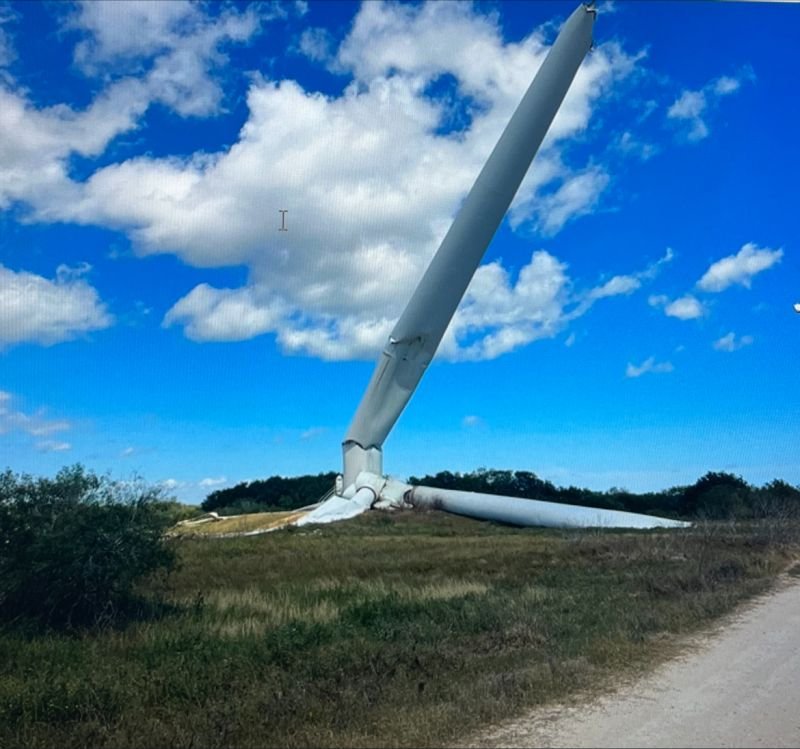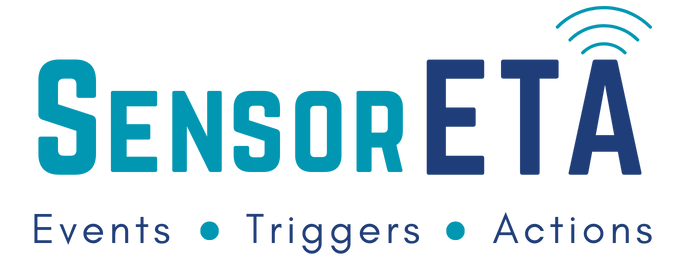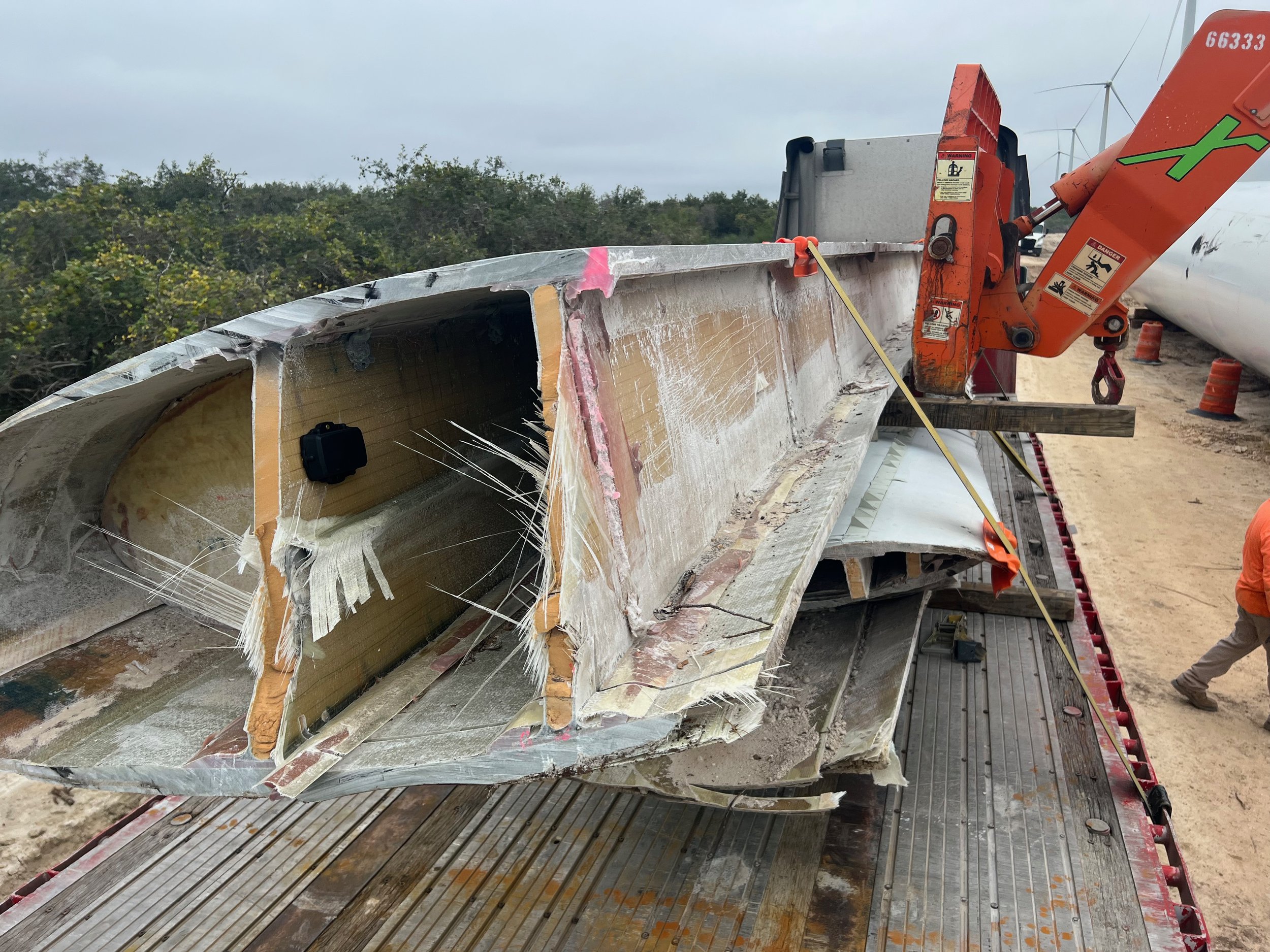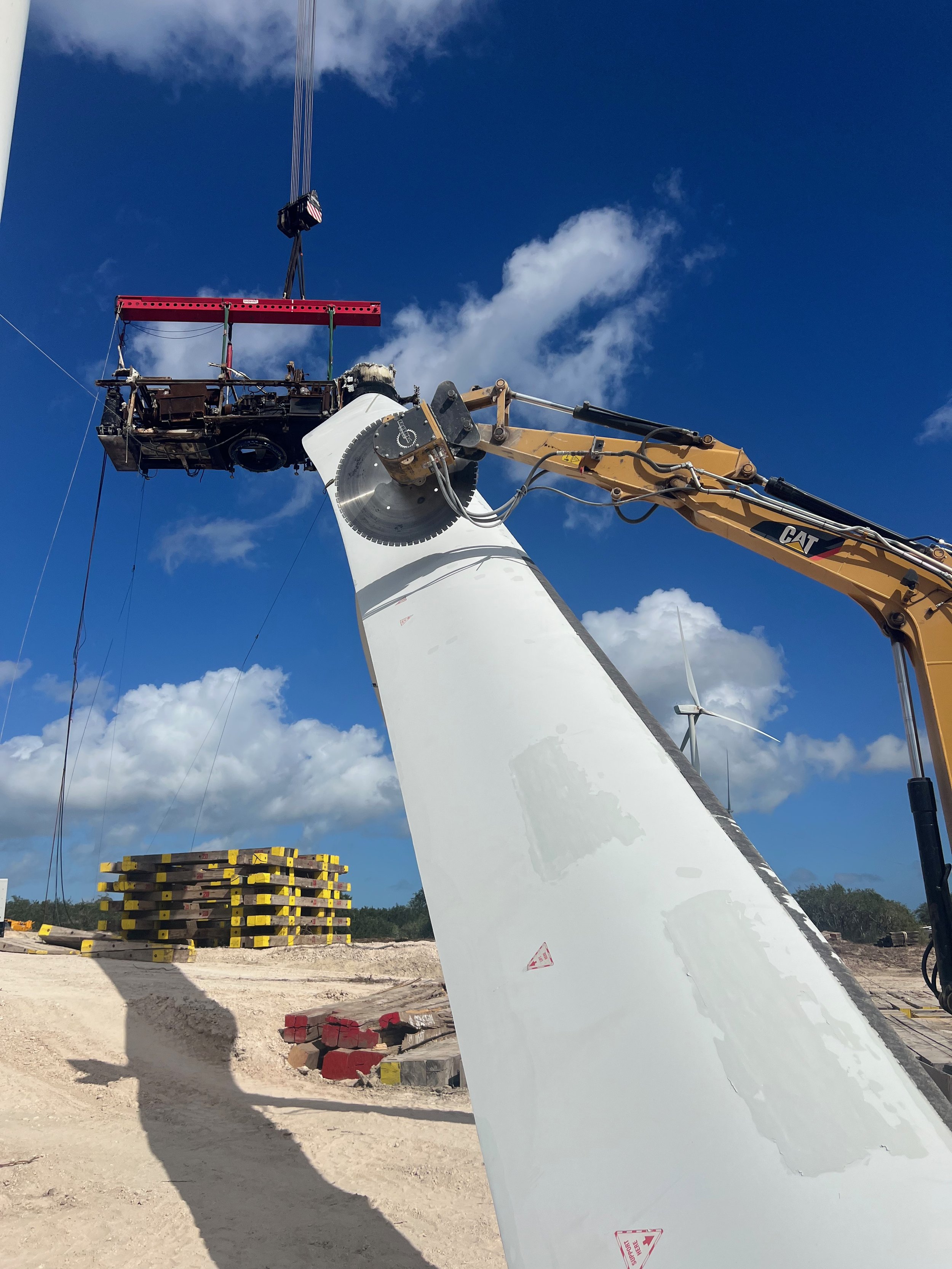Recycling Case Study
“The recycling plant called this morning, and asked if we knew where their trucks were.”
And we did.
After spending all of a cool December Monday at a wind farm in South Texas, Candace Wood, COO of Everpoint Services, called as we were getting ready to return to the wind farm Tuesday morning.
“The recycling plant called this morning,” Candace said, “and asked if we knew where their trucks were.”
And, based on the combined work of the Everpoint Services and SensorETA teams, we did indeed. One truck full of wind turbine blades to be recycled had just arrived at the recycling plant near Dallas, and two were in Waxahachie, Texas.
Tracking with IoT sensors is not bleeding edge nor rocket science. But tracking using the LoRaWAN network with Helium off-grid hotspots from a wind farm to a recycling plant can provide better tracking that previously available. Sensors can also be utilized to measure air quality during the demolition and weather at the site, along with other parameters. Combined with partner and parent company Media Sourcery’s Proof of Authenticity solution, all evidence needed to show the proof of this demolition and recycling process in an easy to read digital chain of custody can be automated.
Damage and obsolescence have both increased the need for wind farm demolition and recycling services, as well as the rapid growth of wind power. Proper demolition and recycling, such as that done by SensorETA partner Everpoint Services, is critical. Random disposal of wind turbine blades has been an industry wide problem for a while, and verification of recycling is a key feature of what Everpoint Services provides.
Upon arriving on site for each project, a “Job Hazard Analysis” with safety education is completed. We then proceeded to determine if off-grid LoRaWAN coverage was required, utilizing meters from both Glamos and Ardeunis. We set up an off-grid Helium LoRaWAN hotspot (complete with solar panels, battery, etc.), a WeatherXM weather station, as well as air quality and solar radiation sensors from DecentLab. Weather conditions are reported on the Job Hazard Analysis document. In the photo, the weather station is to the left and the off-gird setup is too the right.
As the wind blade and other pieces has been demolished to fit on flatbed trucks, each truck load was tracked by affixing a LoRa Oyster tracker to a part of a demolished fiberglass turbine. Three trucks arrived midday, and they were loaded one by one. Each left as they were loaded, on the road to a recycling facility near Dallas.
When the call came looking for the whereabouts of some of the trucks, it was apparent one of the latter trucks had arrived before the ones that left earlier. A look at the sensor dashboard showed that, as happens, the drivers had taken sleep breaks at different intervals on the nearly 500 mile trip.
With current and future wind farm and solar array recycling projects, Everpoint Services and SensorETA are utilizing stick-on LoRa trackers as well as the industrial Oyster trackers.




